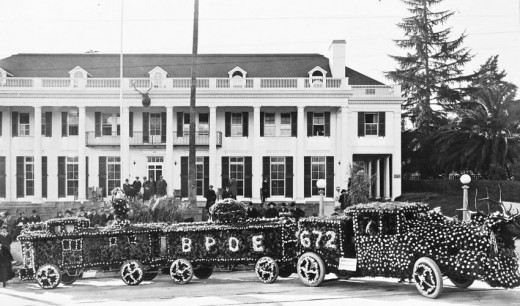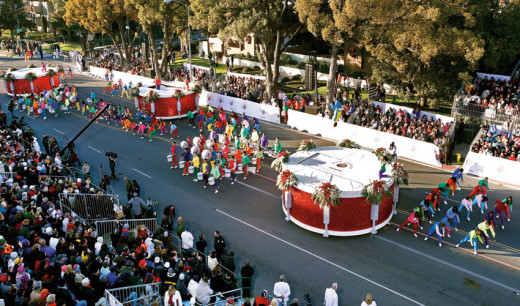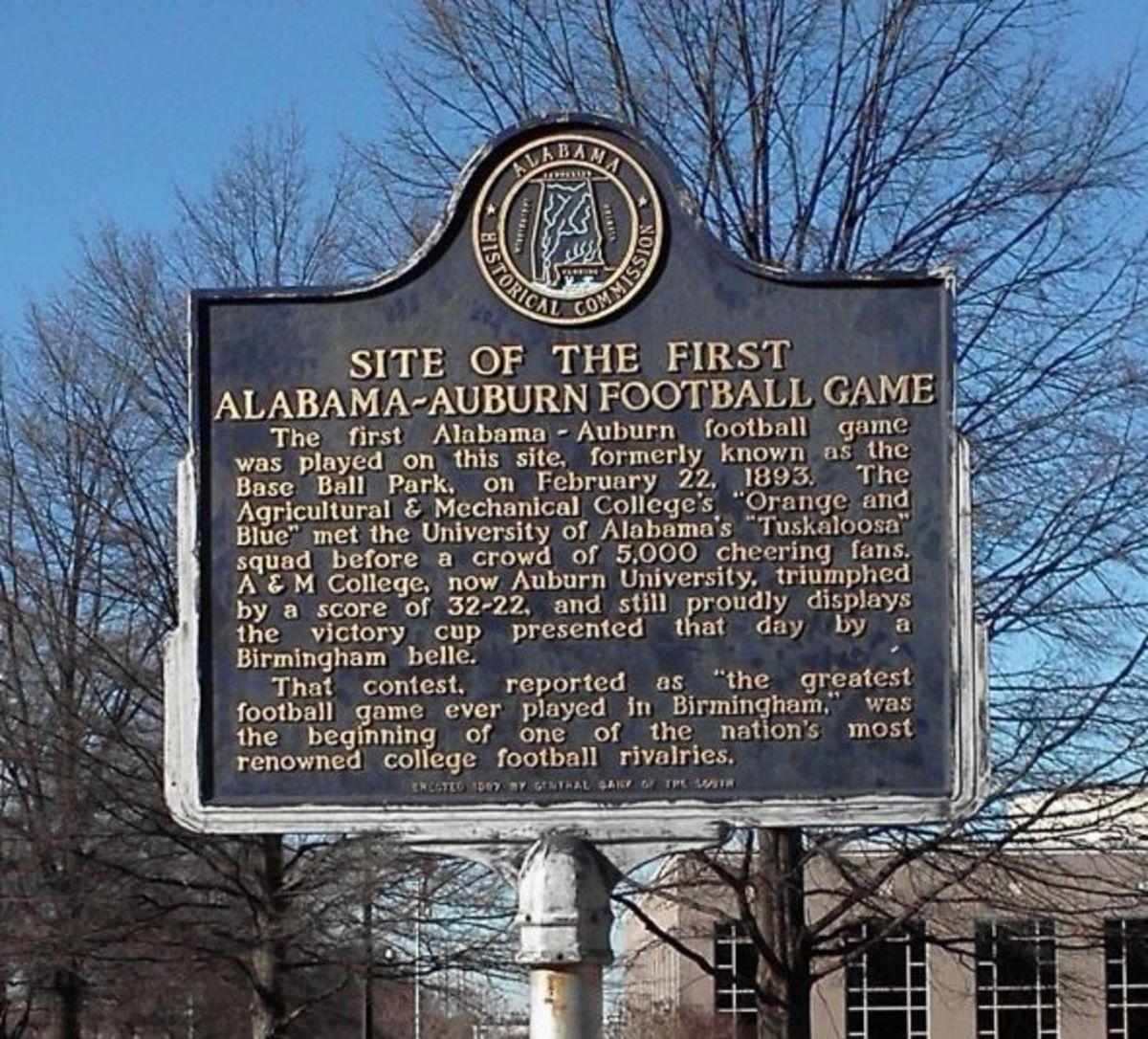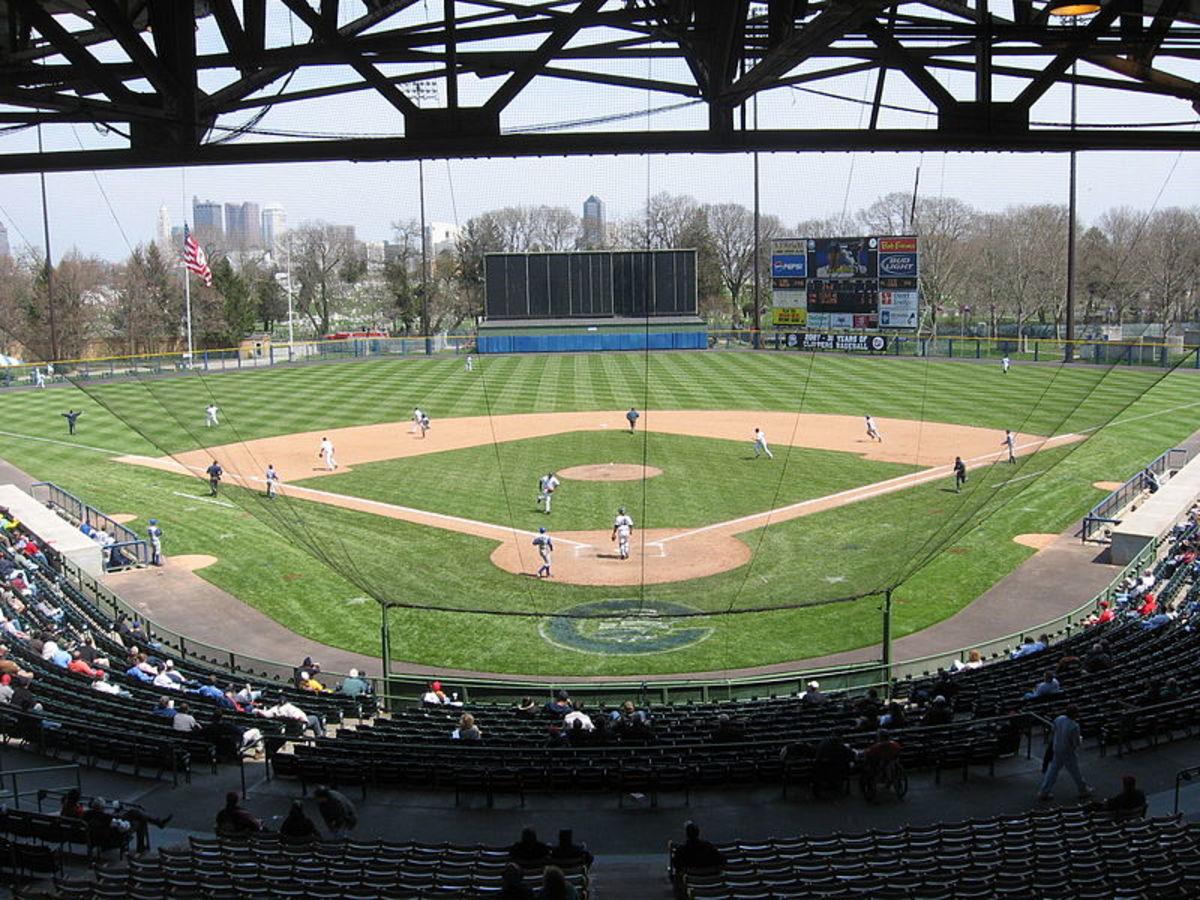Too Many Bowl Games? A Case for Restoration of the Gold Standard







Too Many College Bowl Games Spoil the National Title
With the Super Bowl just behind us, it may be a good time to call attention to a growing problem in American sports: the proliferation of too many college football bowls at the close of the regular season. The Super Bowl indeed serves as a good take-off point for this statement. It represents the supreme achievement in professional football, as do the World Series, the Stanley Cup and the NBA championships for their sports. At the college level, there are also definitive titles which provide closure for the intercollegiate seasons. Only in college football is there gross confusion at the end of the regular season, and this is simply because of the mushrooming of individual bowl games played close to New Year's Day. What started innocently enough at the turn of the Twentieth Century has generated much obscurity ever since. This article is concerned with the possible elimination of so many superfluous bowl games, in the interest of clarification as to which team is the best in this country. Will the real national champions please stand up?
The History of Bowl Games
The idea of a definitive College championship can be said to begin with the Rose Bowl, dating from 1902 and played annually on New Year's Day since 1916. It is usually preceded in the morning by the Tournament of Roses Parade from Pasadena, where floats and marching bands typically parade along downtown Colorado Boulevard toward the Rose Bowl Stadium. This event actually pre-dates the Rose Bowl itself, and dates from 1890. It is sponsored by the Tournament of Roses Association, a non-profit organization. It usually starts around 8 AM that holiday morning, and features many varieties of roses going by. In recent years, it has engendered some controversy when a same sex couple exchanged wedding vows on one of the floats at the center of the parade. Nevertheless, this parade has become a true American institution. Other college bowl games followed, but as late as 1970, there were only the Rose, Cotton, Sugar, Orange and then Gator Bowls played, the latter from the University of Florida in Gainseville. Since 1970, a multitude of other bowls have proliferated, including those under corporate sponsorship, such as the John Hancock, Met Life and Capital One Bowls. In addition, many with a fruit-themed and sunny nature have arisen, such as the Peach, Citrus, Sun, Hula and Fiesta Bowls, to name only a few. Most recently, the Military and Pinstripe Bowls have joined the already bowl-bloated ranks, merely adding to the overkill problem. Instead of checking or reversing the situation, this explosion of bowls has grown to the point of distraction away from the Rose Bowl game, which could still be held up as the gold standard of college football.
Some Other Bowl Traditions
Many other college football bowls followed a strong regional tradition. For example, cotton became synonymous with Dallas, sugar with New Orleans and orange with Miami. Indeed, for 65 years, the King Orange Jamboree Parade was a staple of Miami on New Year's Eve, and was the only nighttime parade held in America. It featured interesting night illuminated effects and frequently was led by a giant orange wearing sunglasses! It was dropped in 2002 because it was losing $200,000 a year. It was replaced by a Junior Orange Bowl Parade, but this is only held in the daytime. However, the other major and many minor bowl traditions gained increasing currency, as each sought to carve out its own unique identity. They have therefore acquired a certain legitimacy revolving around their own bowl traditions.
No End in Sight
With all the bowl games already around us, there may be no reversal in sight. In a recent Pinstripe Bowl, Michigan State defeated a rival team to cop that title. It was named for the venerable New York baseball team for whom Yankee Stadium is named. It also marked the swan song for retiring head coach Mark D'Antonio, after thirteen successful seasons for the football Spartans. It therefore was a momentous sporting event here in mid-Michigan, but it was almost lost in the many other bowl games played around year's end. Back in the 1800's, there was a movement to advocate the free coinage of silver as an equal to gold as the standard of monetary value. Known as "bimetallism", this movement became synonymous with Western mining and farming interests, as opposed to the Eastern establishment's thinking about the gold standard. The movement eventually died out, but appealed mostly to populist interests who felt left out of the national economy. Today, sports authorities may soon have to confront another hard choice: there are simply too many bowl games in college football. Far from reversing this trend, with each passing year and decade there are only more and more bowls, with no end in sight. A timely return to the Rose Bowl as the sole determinant for national supremacy seems both required and desirable, with for example Notre Dame vs. Stanford or Michigan vs. UCLA to pair off champions from the Big-Ten and Pac-Ten conferences. Otherwise, the situation will only deteriorate further, but there seems to be no easy solution here. It is simply suggested that the powers that be consider a moratorium to further bowl-o-mania madness as a prelude to necessary reverse engineering.





